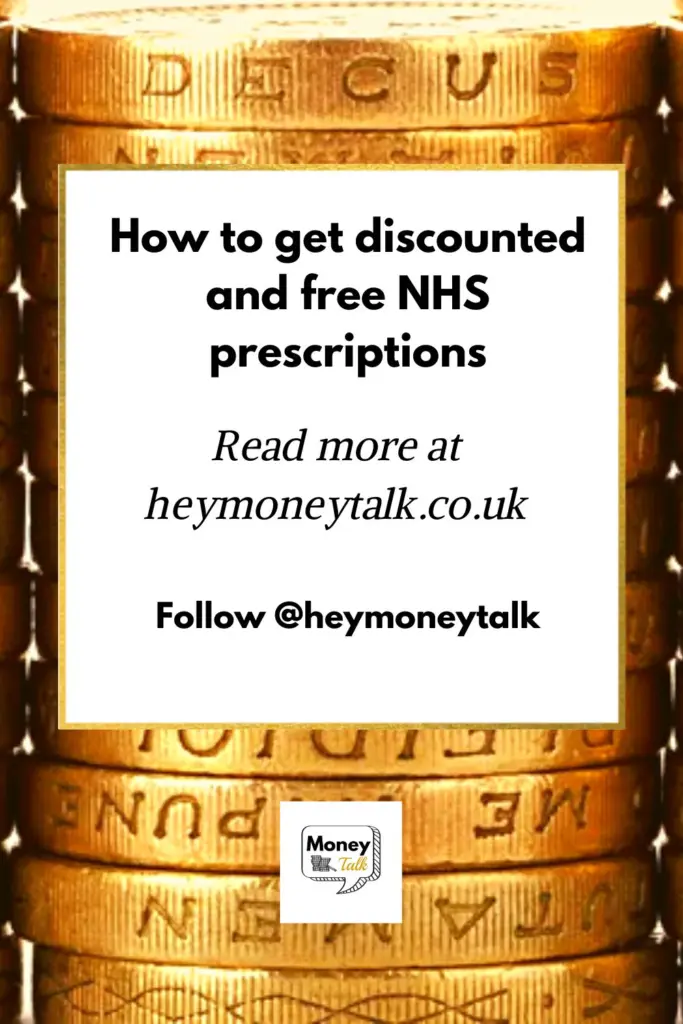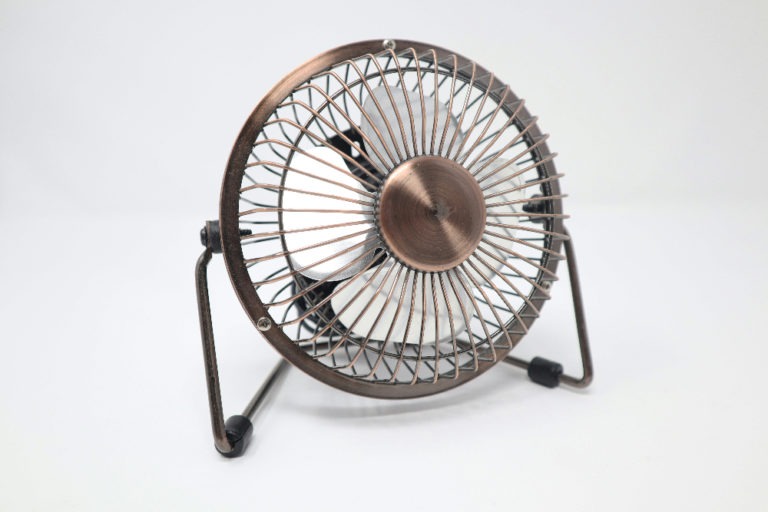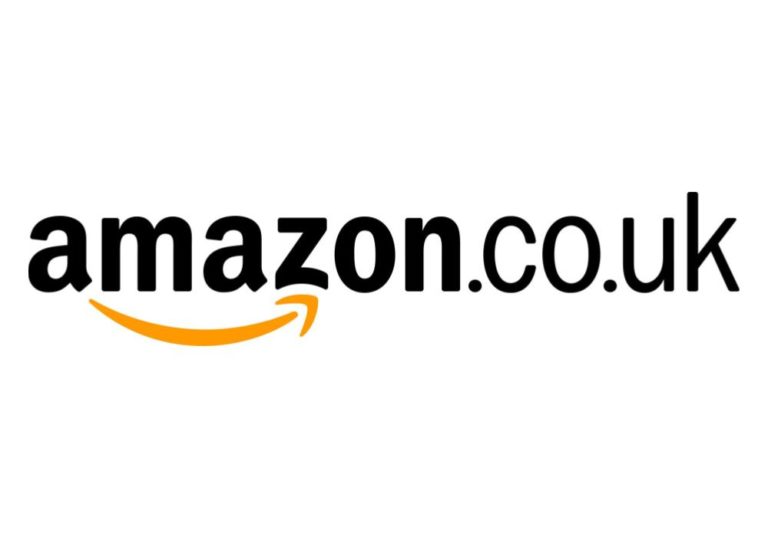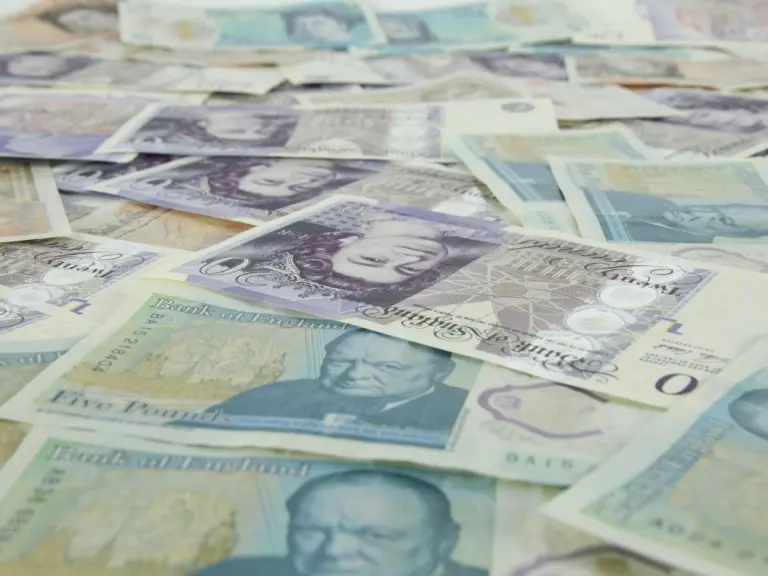How to get discounted and free NHS prescriptions
Money Talk is intended to inform and educate; it's not financial advice. Affiliate links, including from Amazon, are used to help fund the site. If you make a purchase via a link marked with an *, Money Talk might receive a commission at no cost to you. Find out more here.
Like everything else, the price of NHS prescriptions have gone up quite a bit in the last few years.
Currently each item costs £9.90, which means the total can quickly stack up, especially if you have to pick up a couple of prescriptions.
Before you pay though, it’s worth having a look to see whether you can get your prescription for free.
And even if you’re not eligible for free prescriptions, you may still be able to get a discount by getting a prescription prepayment certificate (PPC).
Here’s what you need to know.
Who can get free NHS prescriptions
You don’t have to pay for your prescription if one of the following criteria applies to you:
- You are 60 or over
- You are under 16
- You are 16 to 18 and in full-time education
- You are an NHS inpatient, that is, you’ve been admitted to hospital
- You are pregnant or had a baby in the previous 12 months – you’ll need a valid maternity exemption certificate (MatEx)
- You have certain medical conditions, such as cancer or diabetes, or you have a physical disability that means you can’t go out on your own – you’ll need a valid medical exemption certificate (MedEx)
- You hold a valid war pension exemption certificate and the prescription is for your accepted disability (but you’ll have to pay for your prescription for other illnesses)
- You are on a low income or receive certain benefits (more below)
Free NHS prescriptions if you’re on a low income
Free prescriptions are available to those who receive certain income-based benefits; this financial help is extended to their partners, as well as any dependents under the age of 20.
The list of benefits are:
- Income Support
- Income-based Jobseeker’s Allowance
- Income-related Employment and Support Allowance
- Pension Credit Guarantee Credit
- Universal Credit, and have annual family income that’s £15,276 or less
For any of the above, you don’t need to apply for any proof of eligibility – a certificate will be automatically issued for as long as you’re eligible.
If you’re on low income, have savings, investments and property valued at less than £16,000, and do not receive any benefits, you may still be able to get free prescriptions.
For this you’ll need to look to the NHS Low Income Scheme (LIS), and apply using a HC1 form.
Depending on your circumstances, you’ll be issued either an HC2 certificate, which covers all your prescription costs as well as certain other medical expenses, or an HC3 certificate, which helps with other medical expenses but not prescriptions.
How to get discounted NHS prescriptions
If you do have to pay for your prescription, it’s still worth checking whether you can save money by getting a NHS Prescription Prepayment Certificate (PPC).
The certificate costs £32.05 for three months or £114.50 for 12 months, and you can get unlimited prescriptions during this time.
It’s worth getting the certificate if you know you’ll need more than three items in three months, or more than 11 items in 12 months – although of course that can be hard to plan sometimes.
There’s also a cheaper NHS Hormone Replacement Therapy Prescription Prepayment Certificate (HRT PPC), which covers the cost of HRT prescriptions only.
This costs £19.80 for 12 months.
However, it doesn’t cover all HRT medicines so check if your medication is covered before you buy it.
If you’re not sure whether a PPC is right for you, ask for an NHS refund form (FP57) when you pay for your prescription.
It means that if you do end up needing a lot of medication, you can buy a PPC and backdate it to your first prescription and claim a refund on any prescriptions since.
You’ll need to do this within three months though.
It’s also worth bearing in mind that the cost of a PPC may be refundable if you become eligible for free prescriptions while it’s still valid.
Do you need the prescription at all?
Before you pay for your prescription, find out whether you need it at all.
I’m not talking about the need for the medication here, but the fact that many drugs are much cheaper over the counter than prescribed.
Earlier this year I was prescribed something by my GP but my pharmacist took one look at the prescription and told me it was cheaper to buy it off the shelf – and sold it to me at the cheaper price.
So before you pay, it may be worth asking your pharmacist whether your drug is available over the counter and what the cost is.
Read this: How self employed sick pay works
This post was originally published in December 2023. It was updated in January 2025.
Pin this for later








